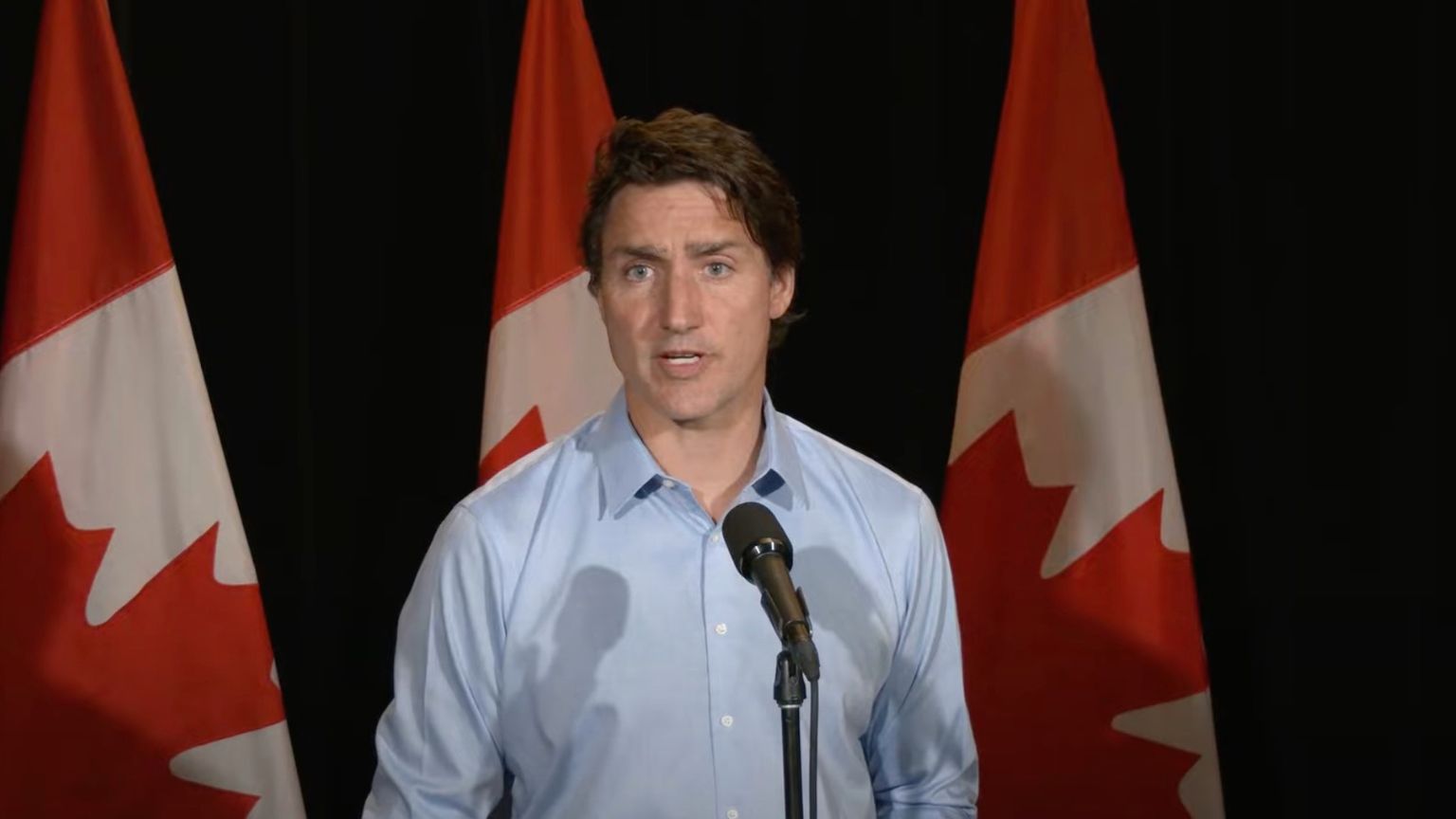In an age where digital platforms are primary sources of real-time information, Canadian Prime Minister Justin Trudeau’s clash with Mark Zuckerberg’s Meta, formerly Facebook, has become more poignant than ever. With wildfires raging across the country, the stakes are high.
Earlier this summer, Meta, the parent company of Facebook and Instagram, made a controversial move. In response to the Online News Act introduced by Trudeau’s administration — legislation that forced tech companies to pay failing legacy news publishers — Facebook blocked access to news stories for all Canada-based users. This meant that Canadians couldn’t click on news stories from any local outlets, a restriction not just limited to Facebook but extended to Instagram as well.
At the heart of the debate lies a challenging question: Who truly benefits from news content shared on social media? Zuckerberg argues that Meta does not gain unfairly from news shared on its platforms, suggesting that the narrative is reversed. In fact, it’s Facebook that sends news publishers traffic which they can then monetize.
In contrast, the Canadian government believes the Online News Act to be justified.
But with wildfires threatening the safety and homes of tens of thousands, this standoff has become a matter of life and death. “In an emergency situation, up-to-date local information is more important than ever,” Trudeau complained, of course, not mentioning that the scenario is his fault.
While the ban is effective in Canada, links shared by Canadian news outlets remain accessible to users abroad. This geographical limitation further exacerbates the sense of isolation felt by many Canadians amid the crisis.
Ironically, as the fires inched dangerously close to Yellowknife in the Northwest Territories, Facebook launched its “Safety Check” feature, allowing users to notify loved ones of their safety. Yet, the broader, more comprehensive news about the fires and evacuation details remained inaccessible.
In solidarity with Meta, Alphabet’s Google too has expressed discontent over the Online News Act, hinting at a similar news blackout in Canada. This impending blackout poses an alarming threat to information access in a country already grappling with the Facebook news ban.
Canada’s wildfire crisis has been unparalleled this year. Over 5,700 fires have ravaged over 53,000 square miles, an area roughly the size of New York state. The smoke from these fires has drifted as far as New York City, creating apocalyptic visuals earlier this year. As of now, more than 1,000 fires continue to rage.
In a world increasingly reliant on digital news, the conflict between Meta and the Canadian government raises pressing questions about freedom of information, corporate responsibilities, and the role of tech giants in shaping public discourse, especially in times of crisis. As Canada battles both the flames and an information blockade, it remains to be seen how this digital deadlock will resolve.












